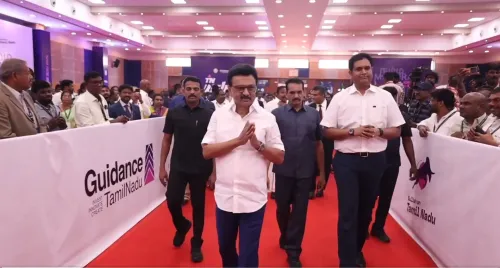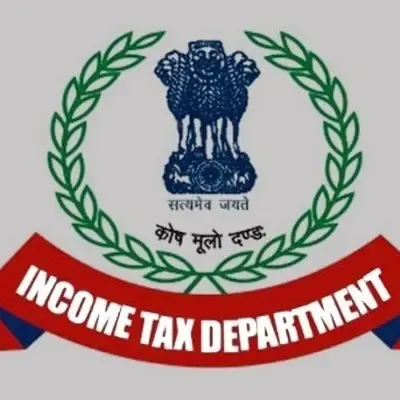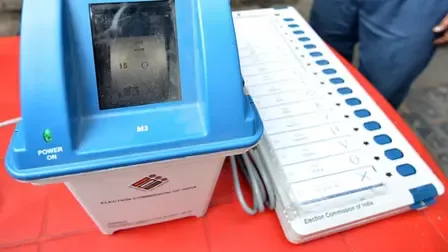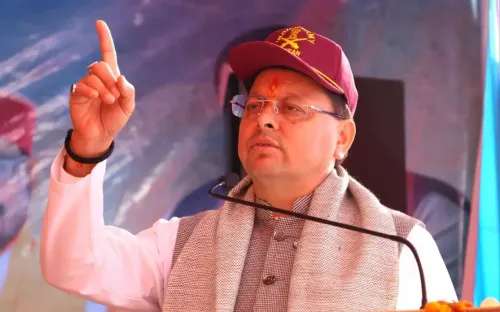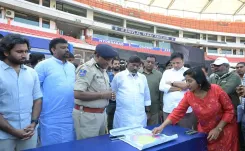What is the 'Nijut Moina' scheme targeting 4 lakh girl students in Assam?
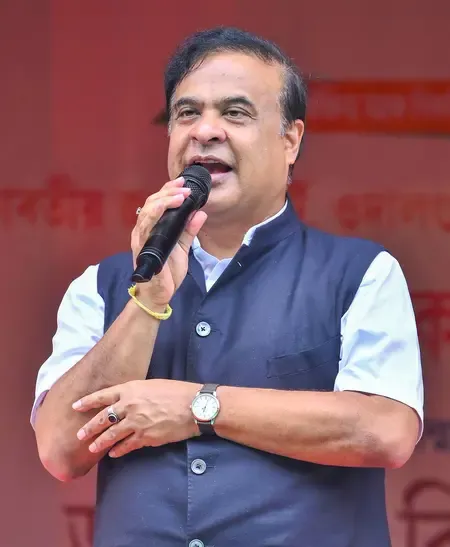
Synopsis
Key Takeaways
- Nijut Moina scheme launched for girl students.
- Targets four lakh beneficiaries across 35 districts.
- Combats child marriage through education.
- Financial aid from higher secondary to postgraduation.
- Focus on reaching remote and vulnerable communities.
Guwahati, Aug 7 (NationPress) Assam's Chief Minister Himanta Biswa Sarma announced on Thursday the launch of the financial support initiative for girls, marking the second phase of the Nijut Moina scheme, which will encompass four lakh female students across 35 districts.
In a post on the social media platform X, the Chief Minister noted, "Thirty-five districts -- four lakh girls -- infinite possibilities -- zero child marriage." He mentioned that the distribution of application forms has commenced, aiming to assist girls in pursuing higher education while also serving as a strong deterrent against child marriage.
The 'Nijut Moina' program aligns with the state government's comprehensive strategy to ensure that no girl drops out of school due to financial difficulties or societal pressures.
Eligible girls will receive financial assistance to support their academic journey from higher secondary education to postgraduation.
Officials have stated that the state apparatus is actively reaching out to remote and vulnerable communities to guarantee that the scheme benefits every eligible recipient.
By connecting educational incentives to child marriage prevention, the state government aims to disrupt the cycle of early marriage and empower a new generation of female leaders.
The launch of 'Nijut Moina 2' also coincides with Assam's ongoing crackdown on child marriage, during which hundreds have been arrested over the past year.
Chief Minister Sarma has consistently emphasized that education and awareness are vital components for sustaining this social change.
Previously, the Chief Minister expressed concerns regarding the profound socio-cultural inequalities affecting young girls in various parts of the state, highlighting prevalent instances of child marriage and limited access to education in certain regions.
During a public speech, CM Sarma contrasted the lives of girls in urban areas like Guwahati, Dibrugarh, and Silchar—where education and career advancement are promoted—with those in more underprivileged regions, where child marriage remains a harsh reality.
"In some areas, girls as young as 12 are becoming mothers, while in our cities, girls of the same age are in school, aspiring for careers," he remarked.
The Chief Minister pointed out alarming practices in rural regions where girls are allegedly married off between the ages of nine and twelve, often becoming the third wife in polygamous households.
"There are 14-year-old girls living as third wives, their education truncated, married off at a young age, and burdened with motherhood far too soon," CM Sarma lamented, expressing his concerns.
He depicted such circumstances as a stark contrast to the lives of their peers in urban Assam, many of whom are pursuing higher education.
Calling for a collective effort towards social reform, CM Sarma asserted that the state must confront these disparities directly.
"We cannot overlook the reality that while one part of Assam progresses with education and empowerment, another remains bound by outdated traditions. This divide must be addressed," he emphasized.


